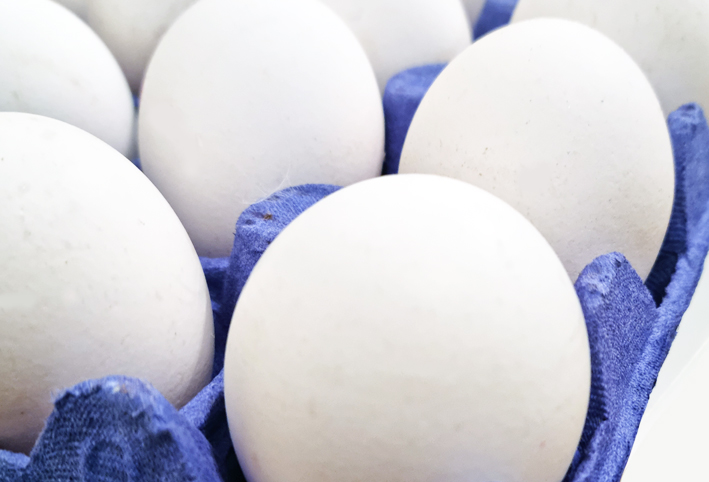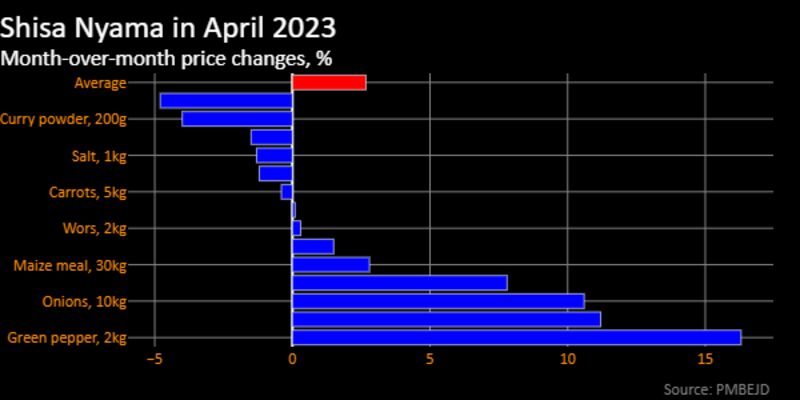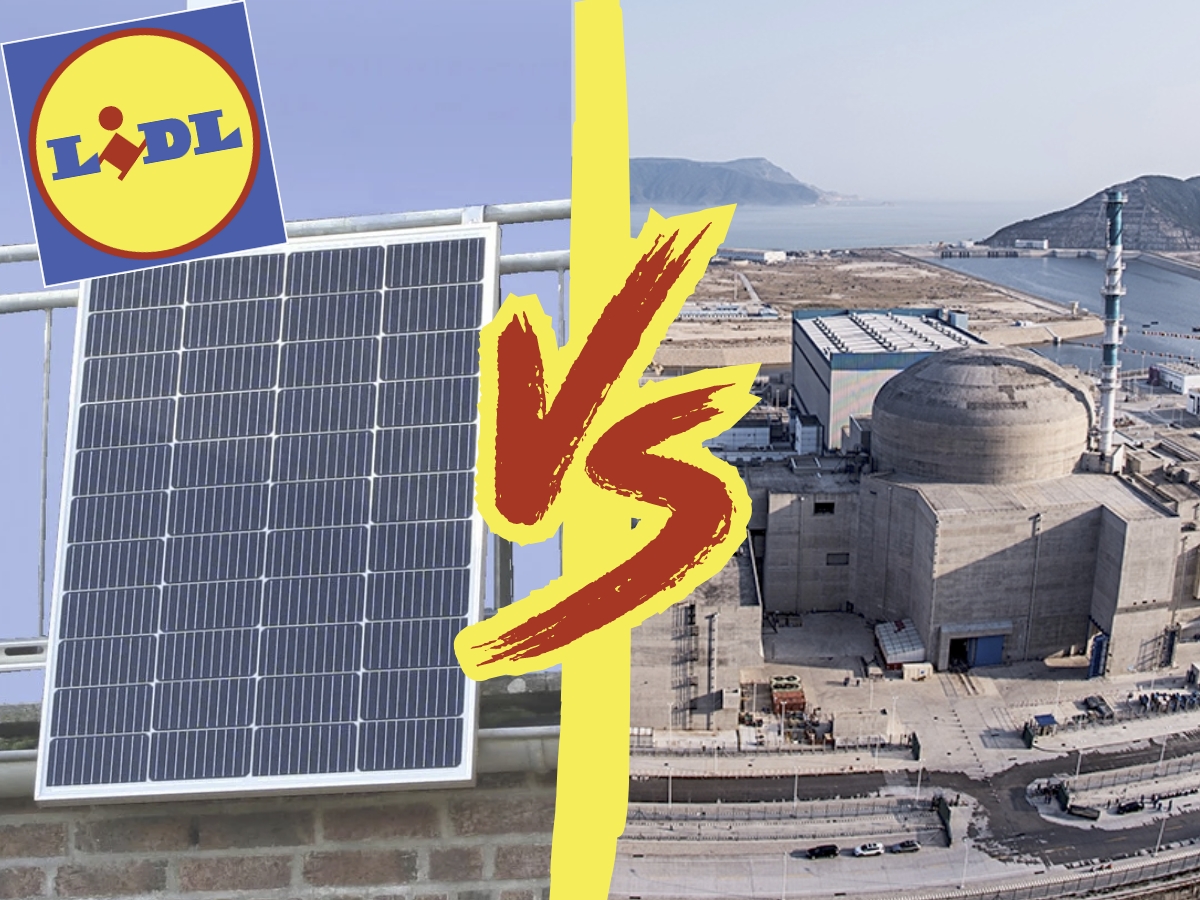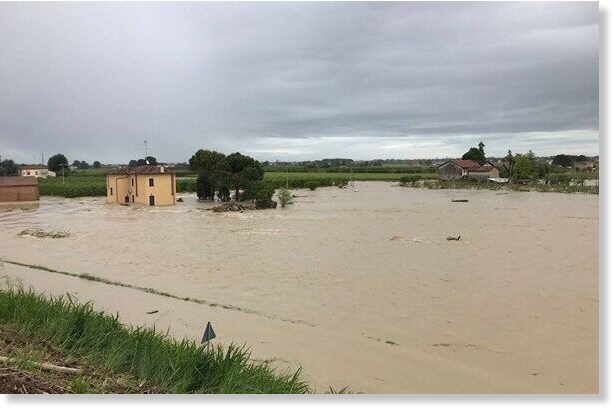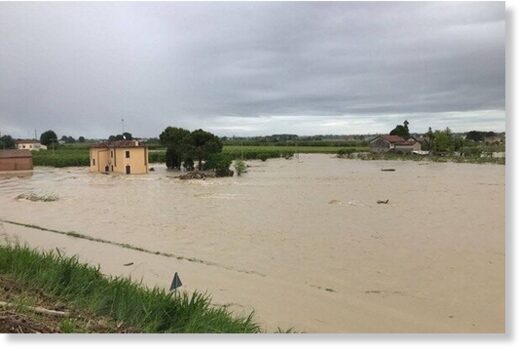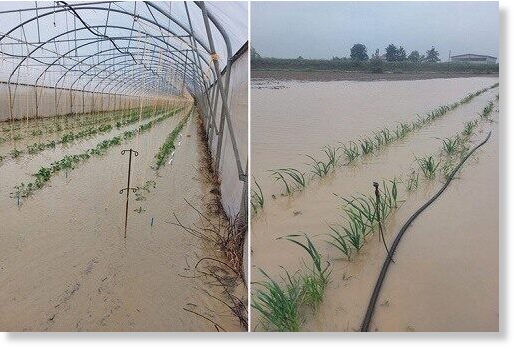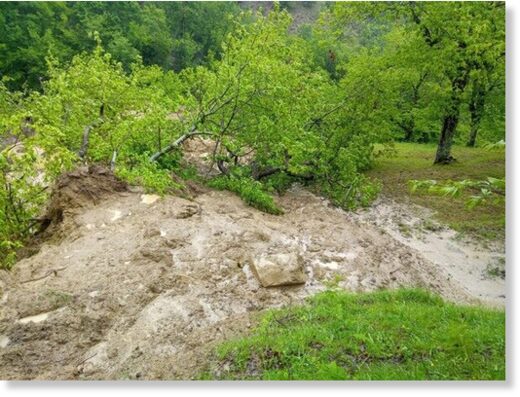This Ukrainian technical grain is a serious mess
Context to this situation is that last year wheat harvest was close to record levels. It was so big that for example Russia is literally giving free wheat to Africa for no other reason as to empty their own storage capacities (silos, plants and warehouses) to make ready for this year`s harvest. Putin kills two birds with one stone again. Other wheat exporting countries are facing similar challenges, although on a smaller scale, so right now wheat is cheap.
Ukrainian wheat was supposed to go to Africa, but never made it there. Due to panic last year, it found its way to Poland and Germany,
The problem is that Ukraine does not necessarily follow the EU norms and regulations with regards to agriculture, so a lot of stuff grown there has above limits of fertilizer and other chemicals used in agro world (herbicides, pesticides, etc.). Above limits means thru the roof...Interestingly enough they can and did follow EU regulations before on some produce, but this time they did not.
So the wheat is not considered up to par for human consumption, but perfectly fine for live stock feed or as power plants fuel since it burns quite hot and produces a lot of "green" energy.
Anyway, since all is about money for some people, the question is how not to lose one`s pants on out of the sudden cheap grain market (and technical grain sells for even cheaper) and if at all possible even make a million or more? Inquisitive minds already know the answer. Mix it with good wheat and the result will be somewhat "acceptable" meeting the norms final grain quality. Magic trick right there.
Poland did buy this kind of wheat before. This time they simply don`t want to pay higher price for something it is not. It will be interesting to see what approach will Germany take facing exactly same situation.
Context to this situation is that last year wheat harvest was close to record levels. It was so big that for example Russia is literally giving free wheat to Africa for no other reason as to empty their own storage capacities (silos, plants and warehouses) to make ready for this year`s harvest. Putin kills two birds with one stone again. Other wheat exporting countries are facing similar challenges, although on a smaller scale, so right now wheat is cheap.
Ukrainian wheat was supposed to go to Africa, but never made it there. Due to panic last year, it found its way to Poland and Germany,
The problem is that Ukraine does not necessarily follow the EU norms and regulations with regards to agriculture, so a lot of stuff grown there has above limits of fertilizer and other chemicals used in agro world (herbicides, pesticides, etc.). Above limits means thru the roof...Interestingly enough they can and did follow EU regulations before on some produce, but this time they did not.
So the wheat is not considered up to par for human consumption, but perfectly fine for live stock feed or as power plants fuel since it burns quite hot and produces a lot of "green" energy.
Anyway, since all is about money for some people, the question is how not to lose one`s pants on out of the sudden cheap grain market (and technical grain sells for even cheaper) and if at all possible even make a million or more? Inquisitive minds already know the answer. Mix it with good wheat and the result will be somewhat "acceptable" meeting the norms final grain quality. Magic trick right there.
Poland did buy this kind of wheat before. This time they simply don`t want to pay higher price for something it is not. It will be interesting to see what approach will Germany take facing exactly same situation.

